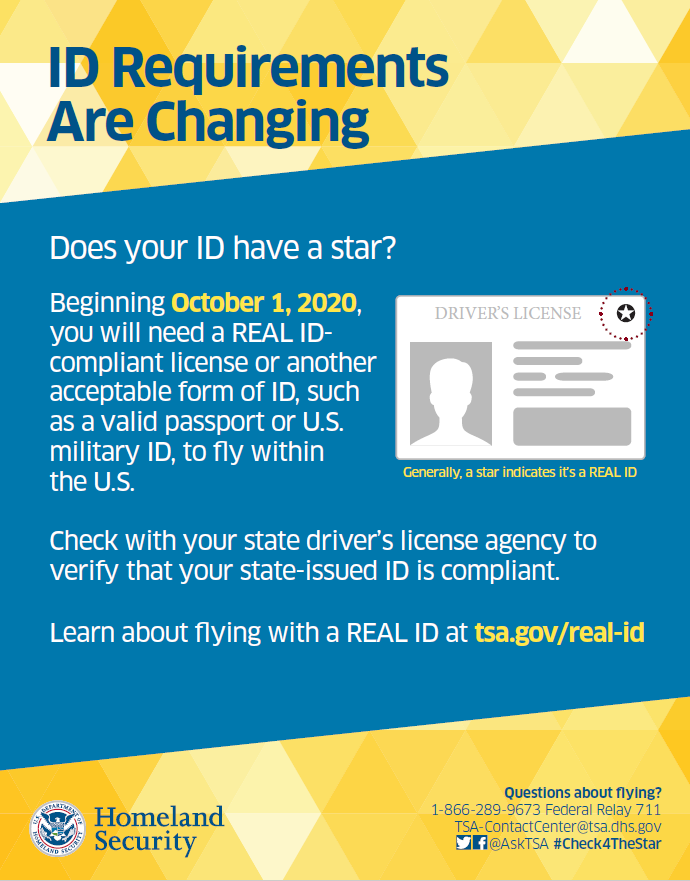CBP lies about US citizen with ID detained at non-border checkpoint, held for 26 days
Francisco Erwin Galicia, an 18-year-old Dallas-born U.S. citizen, was detained by US Customs and Border protection officers at a checkpoint in Falfurrias, Texas, on June 27th, while on his way to a youth soccer event with a group of relatives and friends, and held until July 23rd. He was held incommunicado for the first several weeks, and was kept in CBP custody even after he was able to contact his family and a lawyer. He was released less than 24 hours after his detention was reported by the Dallas News.
As what happened to Mr. Galicia has been more widely reported, he’s become a poster child for everything that’s wrong with the CBP and it’s checkpoints. That’s appropriate, but it’s also worth noting that:
- This isn’t the worst mistreatment that’s been imposed on US citizens by CBP. Mr. Galicia was held in the US rather than being deported (because, despite threats and intimidation, he refused to consent to “voluntary” deportation), held for less than a month, and released without gross physical injuries (although presumably with psychological trauma) Other US citizens, including those cases have been tracked and documented by Prof. Jacqueline Stevens and her students at the Deportation Research Clinic at Northwestern University, whose have been deported from the US, spend years or in some cases decades abroad before being able to return, or suffered permanent physical injuries from maltreatment, neglect, or violence in custody or in countries to which they were wrongfully deported.
- This isn’t about border security, immigration, or US borders. Mr. Galicia wasn’t detained at the US border, while trying to cross the border, or on the basis of any particularized suspicion that he had done so or tried to do so. He was detained at a suspicionless checkpoint operated for general law enforcement purposes (mainly to find small amounts of marijuana and sometimes other drugs) 60 miles from the border. This is about controls on internal movement within the US.
- This isn’t about not having, not carrying, or not showing ID. The permanent checkpoint in Falfurrias has been in continuous operation for years, and Mr. Galicia knew that — whether it was legal or not — he’d have to be interrogated by CBP officers, and quite likely have to show his papers, to get to the next town. Mr. Galica was carrying, and showed the CBP officers at the checkpoint, his birth certificate, state ID card, and Social Security card. Ironically, this is exactly the combination of documents that would be required to obtain a “REAL-ID Act compliant” ID: three separate documents providing evidence of citizenship (birth certificate showing birth in the US), state residence (Texas state ID), and Social security number.
- It wouldn’t matter if Mr. Galicia were a dual citizen. CBP later claimed to have been confused by other documents carried by Mr. Galicia that they though suggested he might have been a Mexican citizen. But it’s not a violation of US law or a bar to US citizenship to hold by birthright, or to acquire, citizenship of Mexico or of any other country or countries. Millions of US citizens are legal dual citizen or multiple citizens, with the largest numbers of US dual and multiple citizens holding citizenship in Mexico, Canada, Ireland, the UK, and/or Israel in addition to US citizenship. Evidence of Mexican or any other citizenship is not evidence of lack of US citizenship.
- CBP officials lied about what happened to try to justify their actions, with one CBP official perjuring himself before Congress in testimony whose falsehood is proven by official CBP records served on Mr. Galicia and his lawyer. Brian S. Hastings, Chief of Law Enforcement Operations for the US Border Patrol division of CBP, told the House Judiciary Committee in response to questions at an oversight hearing on July 25th that throughout his time in custody Mr. Galicia had never told the CBP officers who arrested or detained him that he was a US citizen. (The question from Rep. Ted Lieu and Rep. Eric Swalwell and the perjured answer by Chief Hastings begin at 4:45:00 of this video of the hearing.) But the Notice to Appear served on Mr. Galicia and signed by the acting Border Patrol agent in charge, alleges on behalf of CBP that Mr. Galicia was “found” at the CBP checkpoint in Falfurrias, “more than 25 miles from the United States border with Mexico”, on June 27th, and “At that time, you… represented yourself to be a citizen of the United States,” as in fact Mr. Galicia was and is. Rep. Lieu and several other members of Congress have asked for better answers from CBP, but that’s not enough. By now, Mr. Hastings should have been charged with perjury. So far as we can tell, he remains at large, on the job and on the payroll of CBP.
